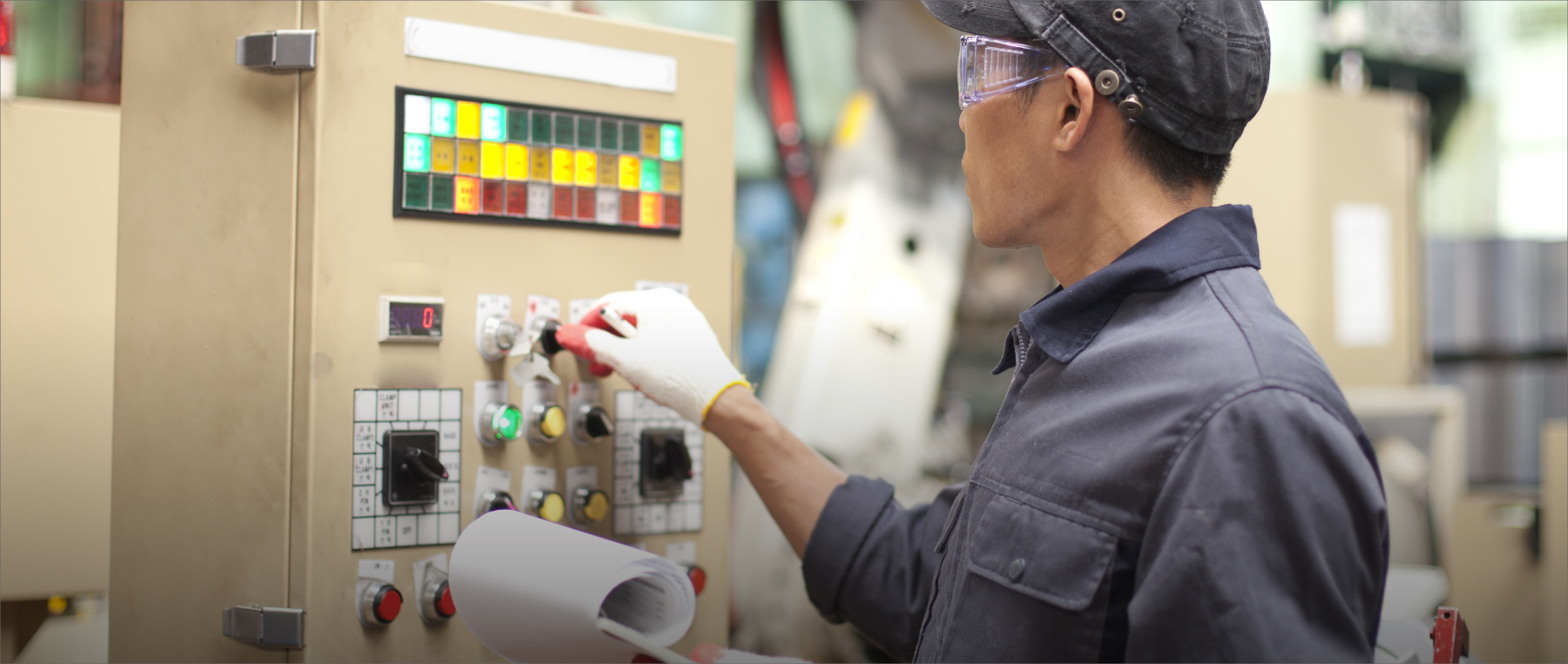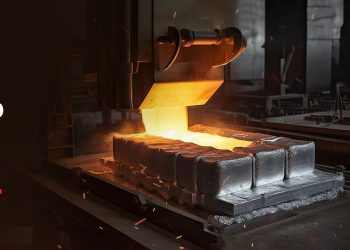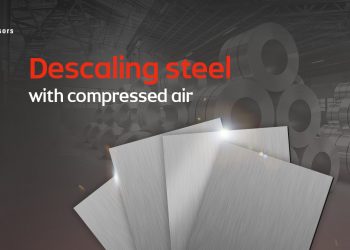Repair or Replace? Make informed decisions.
Identify the red flags in your air compressor.

Every piece of equipment you own goes through a cycle of wear and tear. Electronic devices, automobiles, manufacturing machinery, all follow a performance curve which is directly proportional to the output.
Consider repairing your equipment at various stages of its lifecycle, where an expert will tend to the parts and pieces which need restoration. However, sometimes temporary bandages do not suffice, and you are faced with the decision of replacement.
When should you consider repairing your equipment and when should you replace it?
If compressed air is essential to your day to day business operations, the decision regarding repair or replacement becomes an important one. Unnecessary repairs can result in lower capacity of output. And not replacing your equipment in time can result in breakdown.
While it may be reasonable to opt for repairs, buying a new compressor could be a more practical choice in the long term.
Cost consideration
The cost of electricity comprises approx 75% of the cost of an air compressor through its life, while a new air compressor may only come up to a fraction of this figure (when compared to the cost of ownership over a ten-year period).
Although cost may be your primary concern, it is worth noting that the RoI depends on maintaining maximum uptime over time.
Signs to look out for in your air compressor
Comprehensive checks are necessary to identify the signs of reduced performance. Identifying certain areas of repairs or timely interventions can help you save on energy consumption and cost.
- Oil levels: Check the levels of lubricants regularly and make adjustments as per your operational needs.
- Spare parts: If the parts are emitting loud noises or consuming excessive lubricant, check if they are Excessive corrosion may also affect parts that are left unattended.
- Cooling systems: Excessive heat discharge, indicates that there is a problem with your cooling system.
- Fuse: If your air compressor regularly blows the fuse, chances are that the size does not support the electrical load of your compressor. Do replace these with a fuse that can bear the load.
- Belts: Belts that are either too tight or too loose, can wear out Timely adjustments can help you save on repairs.
If your compressor shows signs of wear, rusted piping, excessive vibrations, overheating or metal deposits in your oil analysis, it’s time for a thoroughly inspection. You can consult an ELGi air expert to check if it’s time to purchase a new compressor altogether or explore possibilities of repair to deliver required air flow at good efficiency.

Professional analysis and auditing
ELGi air experts can help you detect issues in your air compressors and make requisite repairs quickly and effectively so you save time and cost.
ELGi experts can also help you with tips and insights necessary to increase performance of your air compressor systems. By estimating the remaining life of your compressor, you can research the various compressed air solutions available with ELGi to replace or conduct a cost-benefit analysis to achieve maximum productivity for your operations.
So, should you repair or replace your air compressor?
Your equipment should be able to meet the application demands of your business and regular upgrades are crucial. Servicing and regular maintenance can expose the unavoidable problems of your compressed air systems, and ELGi service contracts covers you for all periodic check-ups. But when it comes to deciding whether to repair or replace your compressor, it is important to rely on effective research and reporting, and consider the long-term perspective of your business and its changing requirements.
Schedule a consultation with our AIR EXPERTS for all your critical manufacturing needs. Click Here.






